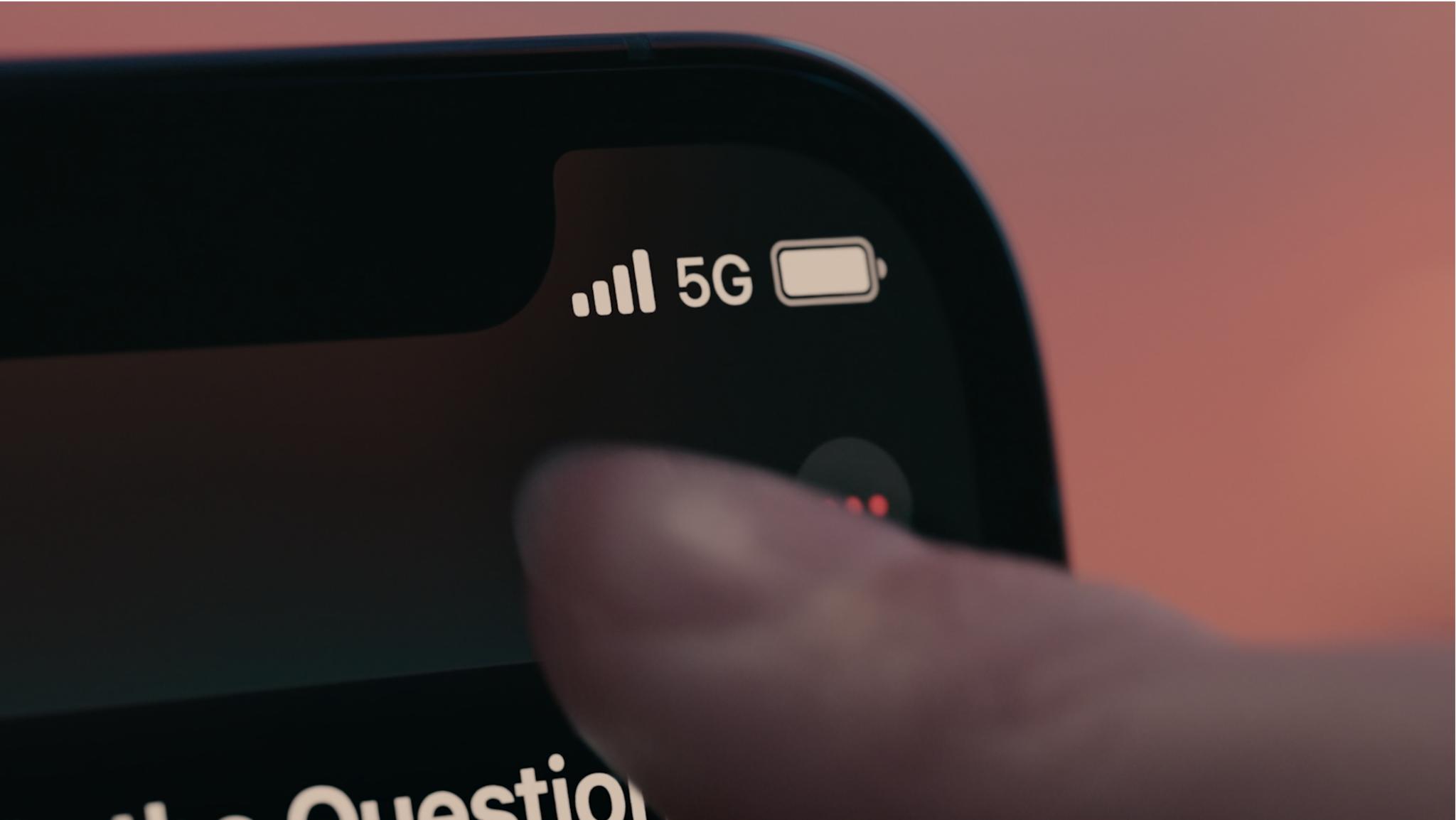Kuo: iPhone 13 to get LEO satellite comms support — but maybe not

What you need to know
- A new Ming-Chi Kuo report suggests iPhone 13 could get new LEO satellite support.
- The feature would allow for phone calls and text messages to be sent without cellular signal.
- It's been suggested that talk of satellites could be wrong thanks to translation issues.
A new investor note from analyst Ming-Chi Kuo suggests that Apple is adding support for LEO satellite communications to the iPhone 13 models, but things might have been lost in translation.
According to the original report, iPhone 13 will gain support for the LEO satellite communications thanks to a customized version of the Qualcomm X60 modem that will power it. That would allow iPhones to communicate via satellites even when outside of cell tower range. The result would be the ability to make phone calls and send text messages without the need for a cellular connection.
However, it's been suggested that things might have gotten mixed up in translation, with PCMag's Sascha Segan pointing to Globalstar's 2.4GHz zone called b53/n53. He suggests that the customized Qualcomm modem inside iPhone 13 will allow it to connect to that zone rather than any satellites.
OKAY. I think I may have gotten to the bottom of this "iPhone 13 will include satellite connectivity" rumor, and it could be "iPhone Math" levels of game-of-telephone. The key: Globalstar.OKAY. I think I may have gotten to the bottom of this "iPhone 13 will include satellite connectivity" rumor, and it could be "iPhone Math" levels of game-of-telephone. The key: Globalstar.— Sascha C-Band (@saschasegan) August 30, 2021August 30, 2021
Qualcomm's x65 modem supports b53/n53 but the x60 does not. However, the Qualcomm modem in the iPhones may be an ... erm, x60-and-a-half. In other words, it could be an x60 + b53/n53. This DOES NOT IMPLY TALKING TO SATELLITES. It's a ground based band G'star wants to enhance LTEQualcomm's x65 modem supports b53/n53 but the x60 does not. However, the Qualcomm modem in the iPhones may be an ... erm, x60-and-a-half. In other words, it could be an x60 + b53/n53. This DOES NOT IMPLY TALKING TO SATELLITES. It's a ground based band G'star wants to enhance LTE— Sascha C-Band (@saschasegan) August 30, 2021August 30, 2021
But ... you take b53/n53 connectivity, it becomes "iPhone has Globalstar" which becomes "iPhone has satellites" and here we are. New ground-based LTE/LAA band. Not satellites. @TechmemeChatterBut ... you take b53/n53 connectivity, it becomes "iPhone has Globalstar" which becomes "iPhone has satellites" and here we are. New ground-based LTE/LAA band. Not satellites. @TechmemeChatter— Sascha C-Band (@saschasegan) August 30, 2021August 30, 2021
The result would be a new ground-based LTE band rather than any iPhone connection to satellites, with Globalstar being the name that has caused confusion. It all makes sense, although we'll need to hang fire for clarification before we can be sure. It does seem unlikely that Apple could squeeze satellite communications into an iPhone without it leaking until a couple of weeks before it is due to be announced, however.
Satellite communications or not, iPhone 13 will still be the best iPhone Apple has ever sold. It isn't yet clear what the inclusion of b53/n53 could offer iPhone users, but hopefully we'll know soon enough.
Master your iPhone in minutes
iMore offers spot-on advice and guidance from our team of experts, with decades of Apple device experience to lean on. Learn more with iMore!

Oliver Haslam has written about Apple and the wider technology business for more than a decade with bylines on How-To Geek, PC Mag, iDownloadBlog, and many more. He has also been published in print for Macworld, including cover stories. At iMore, Oliver is involved in daily news coverage and, not being short of opinions, has been known to 'explain' those thoughts in more detail, too. Having grown up using PCs and spending far too much money on graphics card and flashy RAM, Oliver switched to the Mac with a G5 iMac and hasn't looked back. Since then he's seen the growth of the smartphone world, backed by iPhone, and new product categories come and go. Current expertise includes iOS, macOS, streaming services, and pretty much anything that has a battery or plugs into a wall. Oliver also covers mobile gaming for iMore, with Apple Arcade a particular focus. He's been gaming since the Atari 2600 days and still struggles to comprehend the fact he can play console quality titles on his pocket computer.
